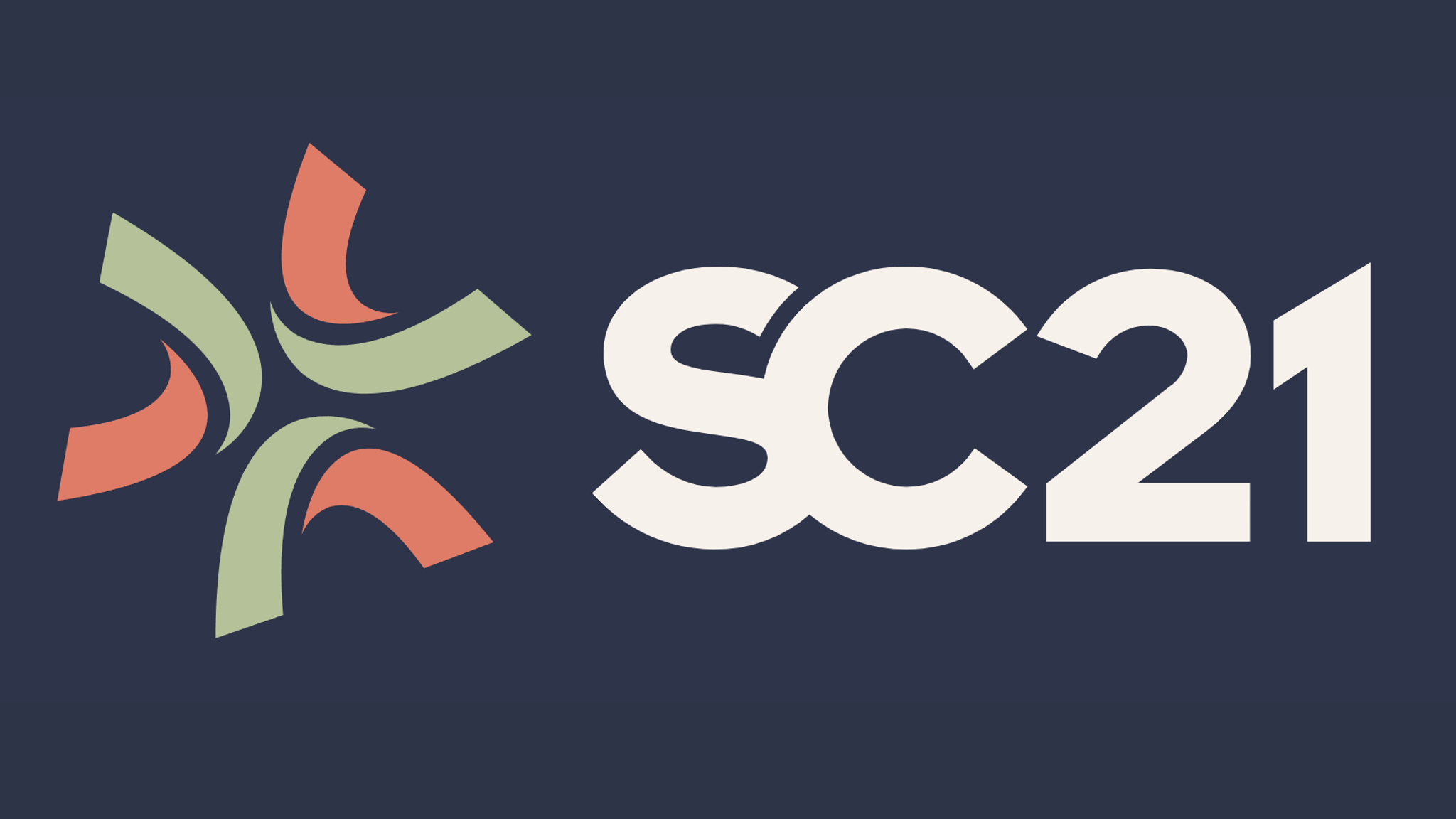
Sessions, taking place at SC21 through November 19, will explore strategies to increase HPC access and collaboration.
Holyoke, Massachusetts, Nov. 8, 2021 – The Massachusetts Green High Performance Computing Center (MGHPCC) will co-lead two Birds of a Feather (BOF) sessions at SC21 that will explore expanding access and collaboration in high performance computing (HPC). The nation’s largest supercomputing conference, SC21 will take place from November 14 through November 19 in St. Louis Missouri both virtually and remotely.
Julie Ma, program manager at the MGHPCC, will co-lead a virtual BOF session on the “Northeast and CAREERS Cyberteams (Cyberteams),” which will take place (Thursday, Nov. 18 from 12:15-1:15 pm CST). The Northeast and CAREERS Cyberteams identify research projects at small and mid-size colleges and universities in need of computational support and pair student Researching Computing Facilitators (RCFs) with experienced mentors. The Cyberteams are designed to expand access to research computing while strengthening the pipeline of RCFs. The programs originated with the northeastern states, but the methodologies developed are intended to be broadly applicable.
“We are consistently impressed by the ability of student-facilitators to come up to speed and provide valuable assistance to their researchers. We will ask a few participants from each Cyberteam to give a brief presentation on their work,” said Ma. “We hope to come out of the BoF with strong feedback on our programs and methodology.”
John Goodhue, executive director of the MGHPCC, will co-lead a BOF session on the “Open Storage Network (OSN),” which will take place (Wednesday, Nov. 17 from 12:15-1:15 pm CST). The OSN is a National Science Foundation (NSF)-funded distributed data sharing service intended to facilitate exchanges of active scientific data sets between research organizations, providing easy access and high bandwidth delivery of large data sets to researchers. In 2020, the OSN evolved into a production service, becoming a resource allocable through the XSEDE XRAS process.
“Our session will include an update on international trends and the state of the art in research storage, details about how to become involved and use the OSN, and the personal experience of two OSN users,” said Goodhue. “ We look forward to hearing from BOF participants about their needs and how the OSN can meet them.”